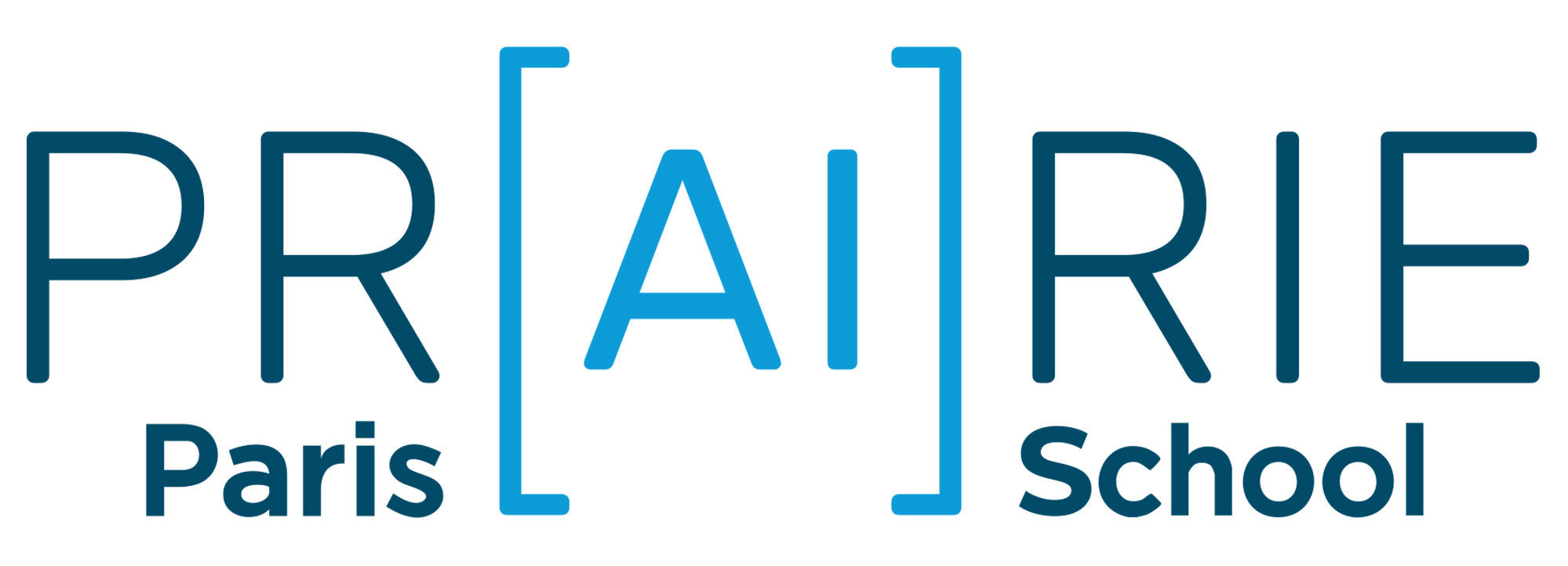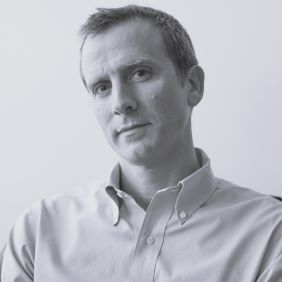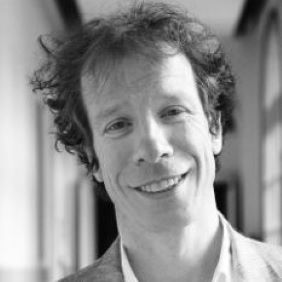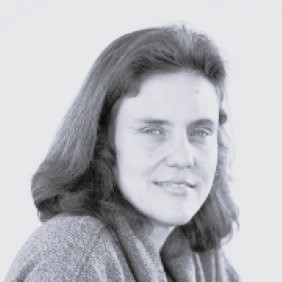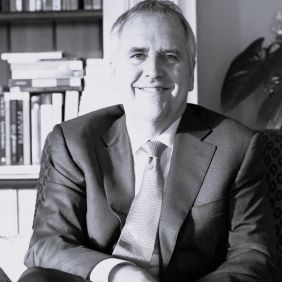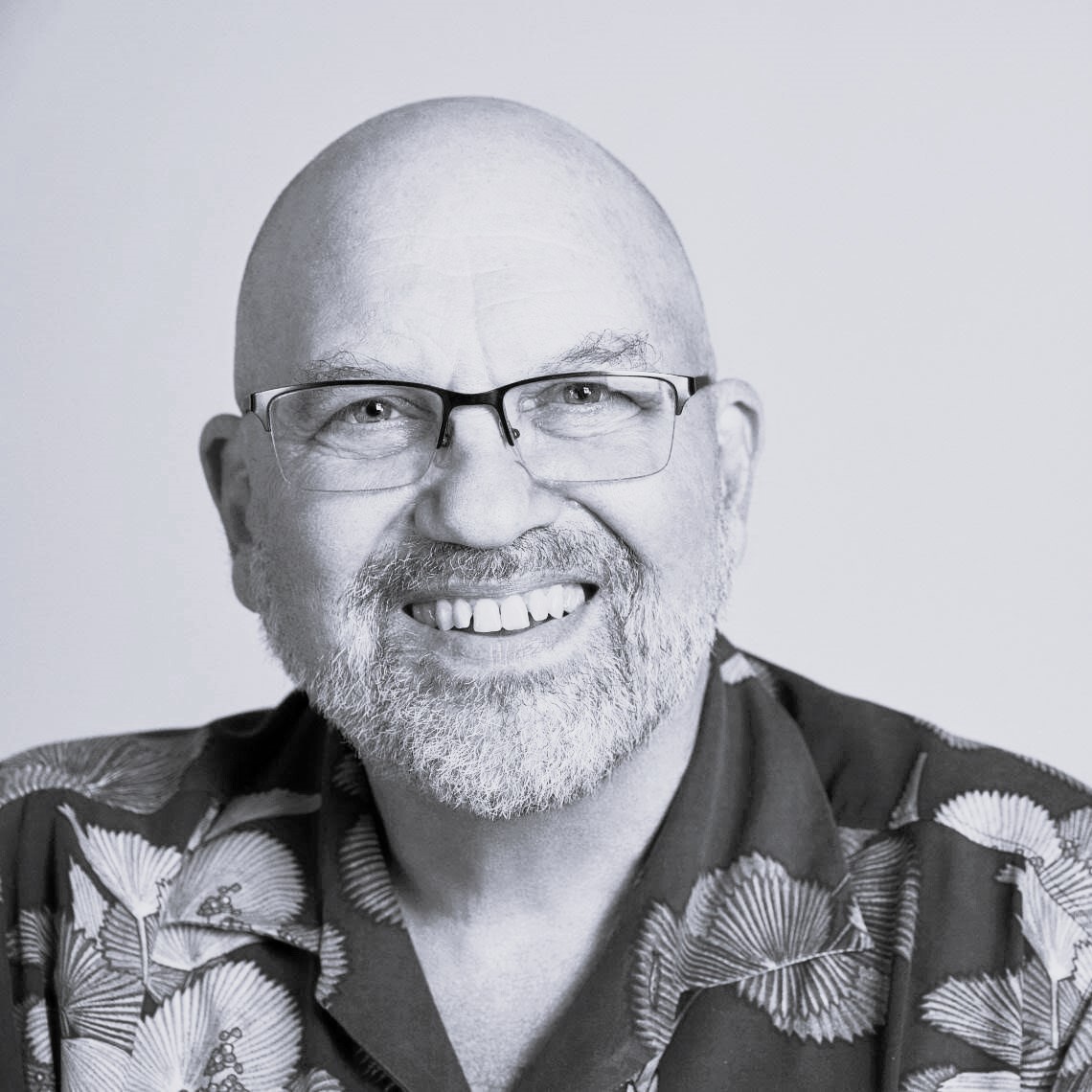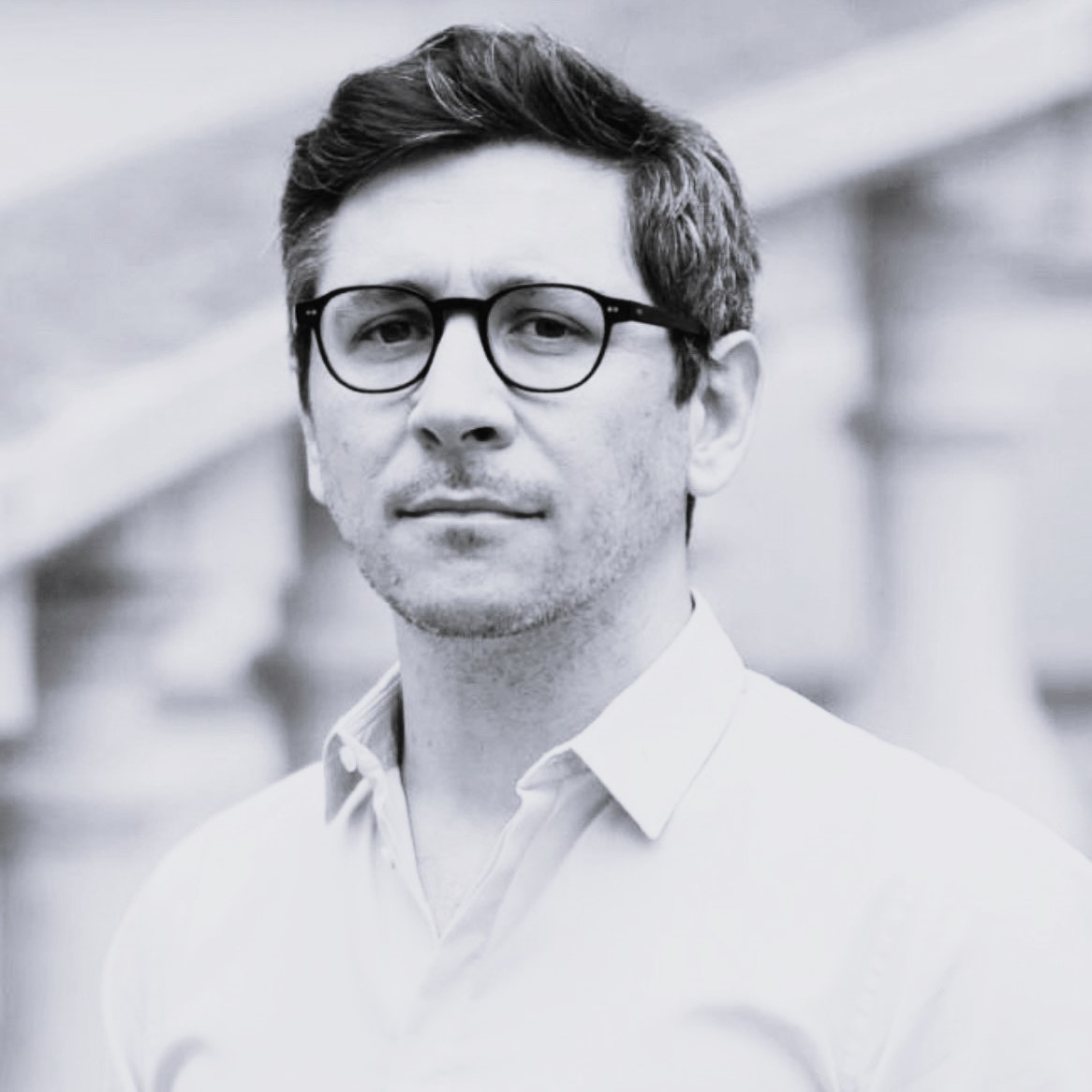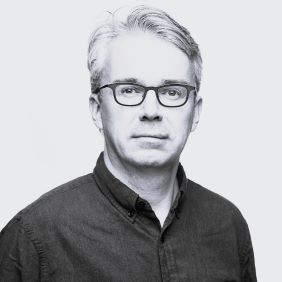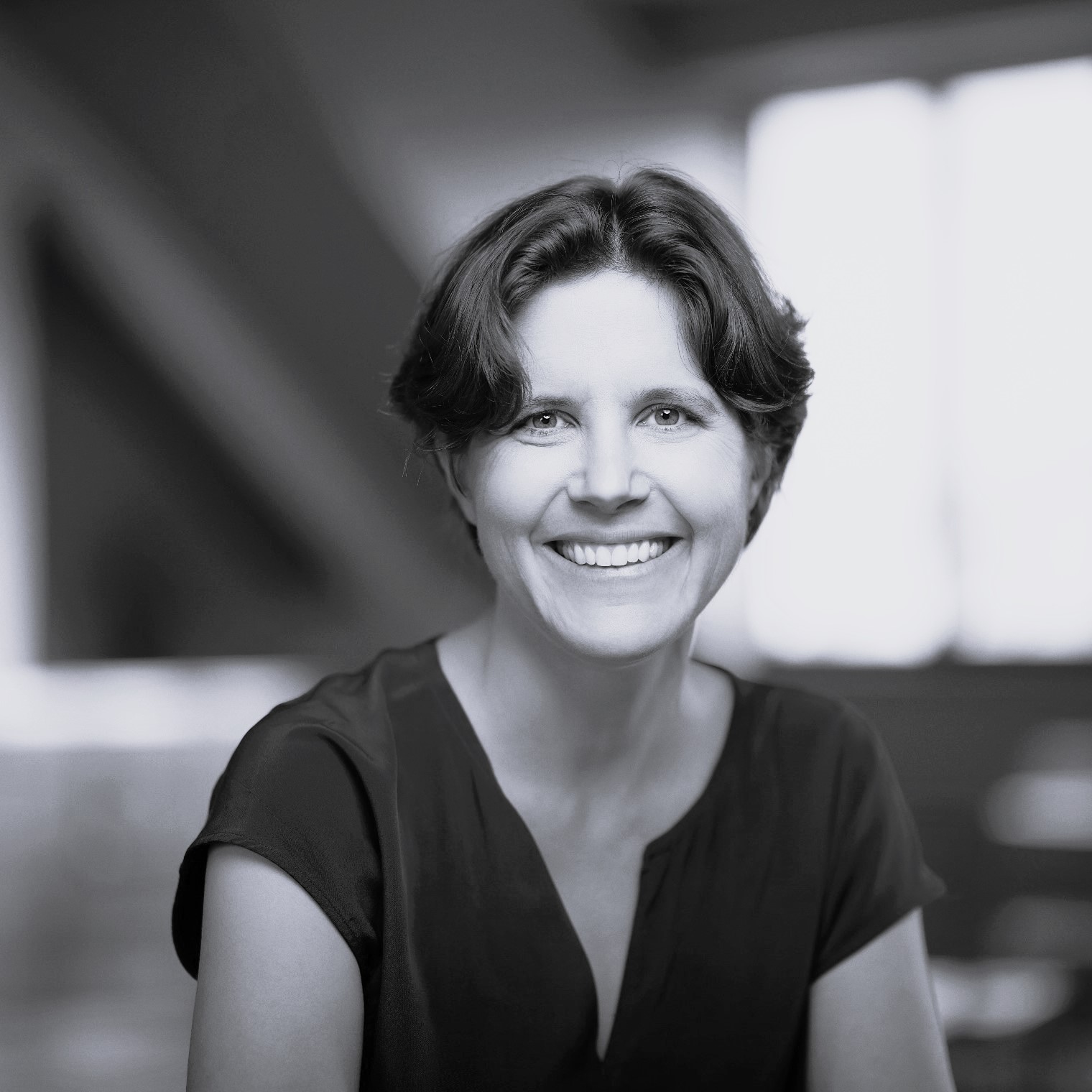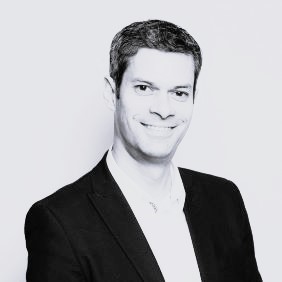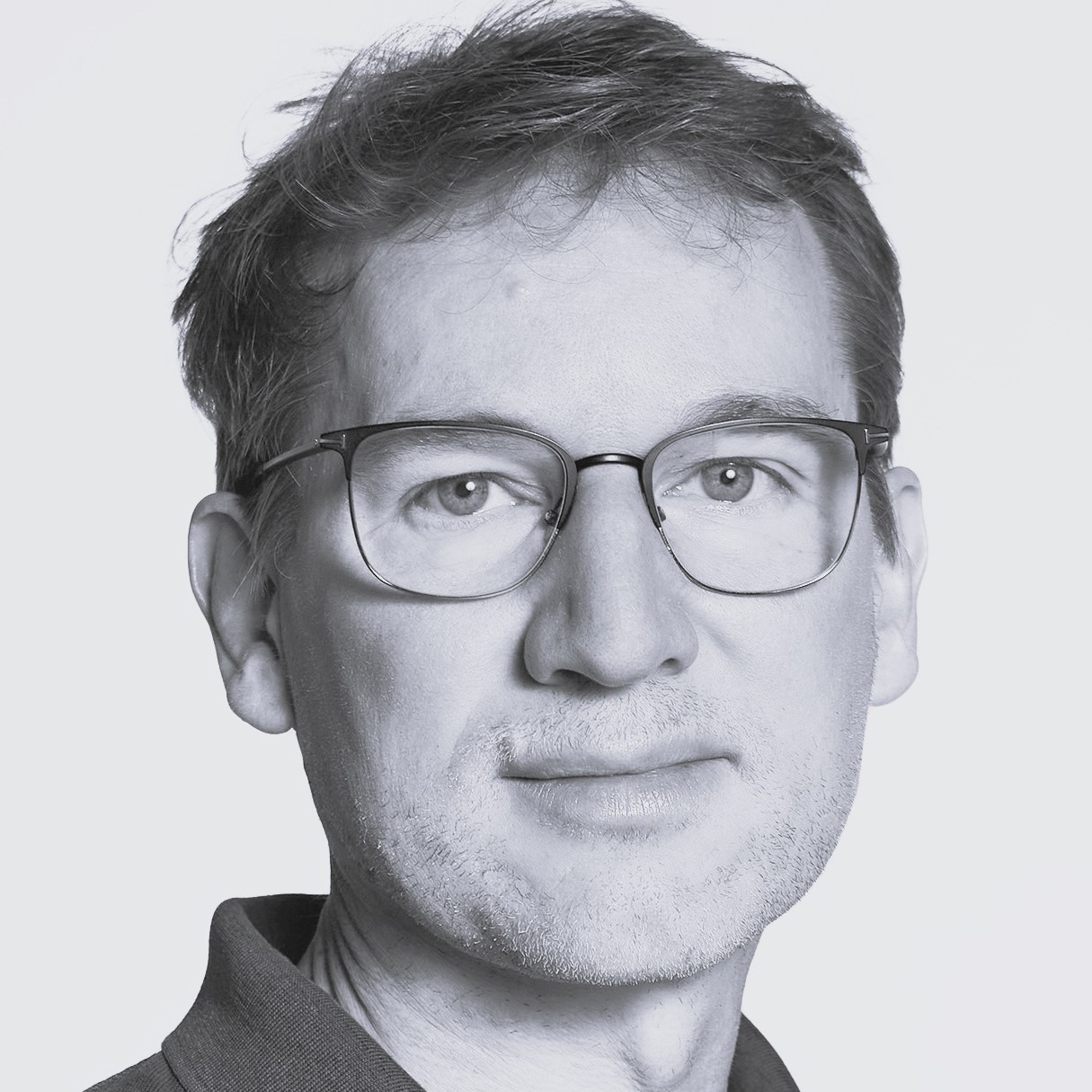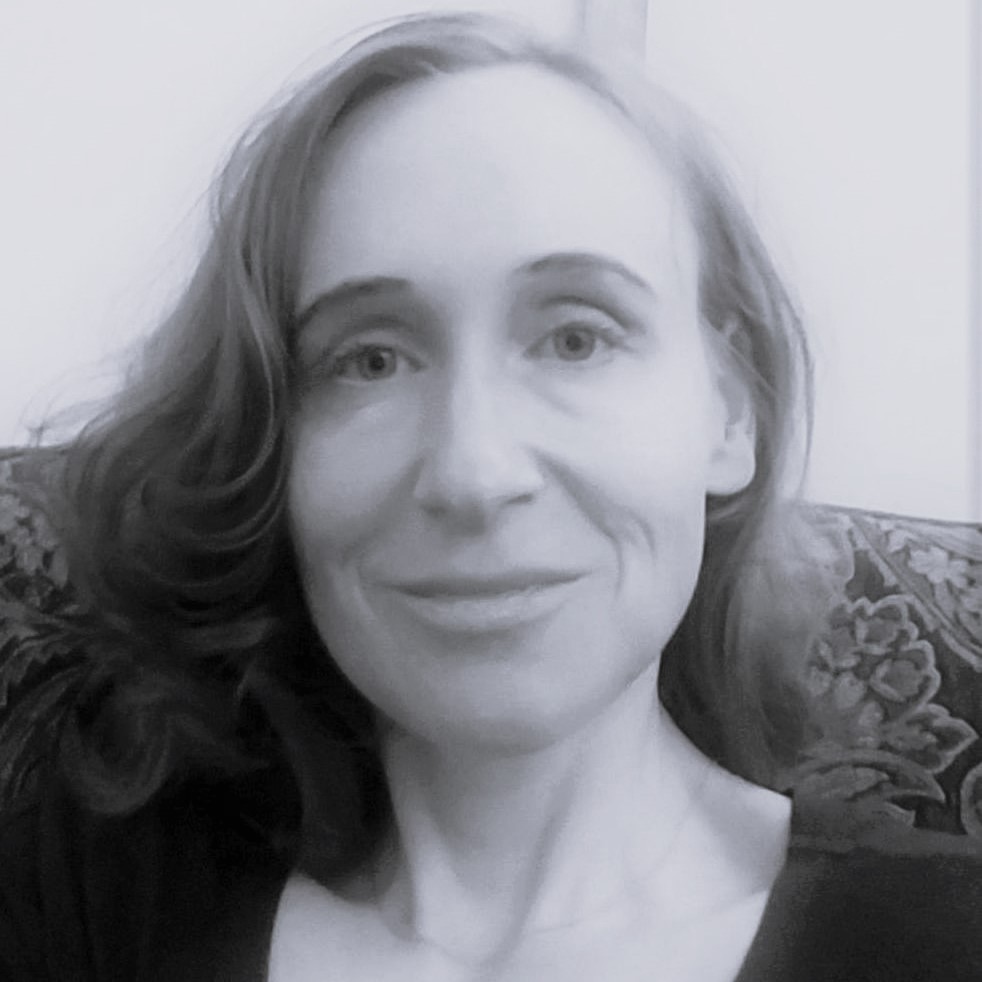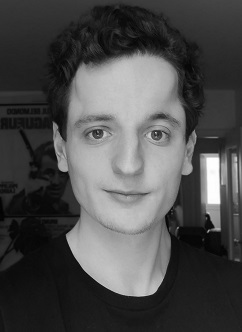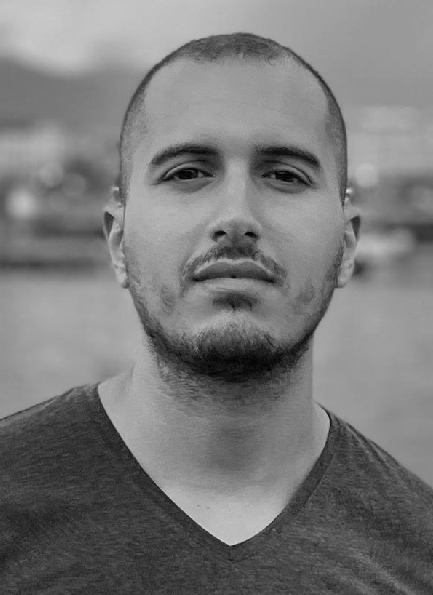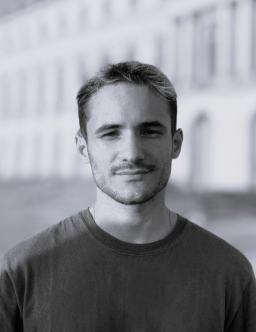Short bio
Professor of theoretical physics at ENS Paris (2018-). Research director at IPhT CEA (2002-2018). Associate professor at the Ecole Polytechnique (2010-2015). DIrector of the ICFP Master (2019-), director of the Beg Rohu Summer School (2008-). Editor in Chief of Journal of Statistical Physics. PI of the Simons collaboration «Cracking The Glass Problem», ERC Consolidator Grant 2011. CNRS Silver Medal 2024, Prix d’Aumale 2018, Young Scientist award in statistical physics 2007.
Short bio
Xavier is co-founder and Managing Partner at Elaia. He sits on the board of 11 companies – including the seed-funded unicorn Mirakl, iBanFirst, … He combines an entrepreneurial carreer with a VC experience in tech, as well as a past in research labs. Having started his career in the Arithmetics and Algebraic Geometry research lab at Université Paris-Sud, Xavier founded a start up in thelearning sector sold in 1999 to a French publisher. He then joined CPR (acquired by Crédit Agricole Indosuez) where he created and developed a VC business in the software and internet sectors.
Short bio
Francis Bach is a researcher at Inria, leading since 2011 the machine learning team which is part of the Computer Science department at Ecole Normale Supérieure. He graduated from Ecole Polytechnique in 1997 and completed his Ph.D. in Computer Science at U.C. Berkeley in 2005, working with Professor Michael Jordan. He spent two years in the Mathematical Morphology group at Ecole des Mines de Paris, then he joined the computer vision project-team at Inria/Ecole Normale Supérieure from 2007 to 2010. Francis Bach is primarily interested in machine learning, and especially in sparse methods, kernel-based learning, neural networks, and large-scale optimization He obtained in 2009 a Starting Grant and in 2016 a Consolidator Grant from the European Research Council, and received the Inria young researcher prize in 2012, the ICML test-of-time award in 2014 and 2019, the NeurIPS test-of-time award in 2021, as well as the Lagrange prize in continuous optimization in 2018, and the Jean-Jacques Moreau prize in 2019. He was elected in 2020 at the French Academy of Sciences. In 2015, he was program co-chair of the International Conference in Machine learning (ICML), general chair in 2018, and president of its board between 2021 and 2023; he was co-editor-in-chief of the Journal of Machine Learning Research between 2018 and 2023.
Short bio
Stéphane Mallat is an applied mathematician, Professor at the Collège de France. He is a member of the French Academy of sciences, and a foreign member of the US National Academy of Engineering. He was a Professor at the Courant Institute of NYU, at Ecole Polytechnique and Ecole Normale Superieure in Paris. He also was a founder and CEO of a semiconductor start-up company.
Stéphane Mallat’s research is in machine learning and harmonic analysis. He developed the multiresolution wavelet theory and algorithms at the origin of the compression standard JPEG-2000, and sparse signal representations in dictionaries. His current work is devoted to mathematical models of deep neural networks, for data analysis and physics.
DE AGAPITO VICENTE Lourdes
Short bio
Lourdes Agapito holds the position of Professor of 3D Vision at the Department of Computer Science, University College London (UCL). Her research in computer vision has consistently focused on the inference of 3D information from single images or videos. She received her BSc, MSc and PhD degrees from the Universidad Complutense de Madrid (Spain). In 1997 she joined the Robotics Research Group at the University of Oxford as an EU Marie Curie Fellow. In 2001 she was appointed Lecturer at Queen Mary University of London and held an ERC Starting Grant from 2008 to 2014. In 2013 she joined UCL and was promoted to full professor in 2015 where she now heads the Vision and Imaging Science Group. Lourdes has served as Program Chair for CVPR’16 and ICCV’23, General Chair for 3DV’21, serves regularly as Area Chair for the top Computer Vision conferences (CVPR, ICCV, ECCV) and has been keynote speaker at ICRA’17, ICLR’21 and 3DV’22. In 2017 she co-founded Synthesia, the London-based startup and leading AI Video Generation platform which has grown to 330+ employees, with offices across Europe and New York. Following the Series C investment round led by Accel in 2023 that brought its valuation to 1B$, Synthesia now serves more than 50,000 businesses, including almost half of the Fortune 100 companies.
Short Bio
Cordelia Schmid holds a M.S. degree in Computer Science from the University of Karlsruhe and a Doctorate in Computer Science, from the Institut National Polytechnique de Grenoble (INPG). Her doctoral thesis on “Local Greyvalue Invariants for Image Matching and Retrieval” received the best thesis award from INPG in 1996. She received the Habilitation degree in 2001 for her thesis entitled “From Image Matching to Learning Visual Models”. Dr. Schmid was a post-doctoral research assistant in the Robotics Research Group of Oxford University in 1996–1997. Since 1997 she has held a permanent research position at Inria, where she is a research director. Dr. Schmid is a member of the German National Academy of Sciences, Leopoldina and a fellow of IEEE and the ELLIS society. She was awarded the Longuet-Higgins prize in 2006, 2014 and 2016, the Koenderink prize in 2018, and the Helmholtz prize in 2023, for fundamental contributions in computer vision that have withstood the test of time. She received an ERC advanced grant in 2013, the Humboldt research award in 2015, the Inria & French Academy of Science Grand Prix in 2016, the Royal Society Milner award in 2020, the PAMI distinguished researcher award in 2021 and the Körber European Science Price in 2023. Dr. Schmid has been an Associate Editor for IEEE PAMI (2001–2005) and for IJCV (2004–2012), an editor-in-chief for IJCV (2013–2018), a program chair of IEEE CVPR 2005 and ECCV 2012 as well as a general chair of IEEE CVPR 2015, ECCV 2020 and ICCV 2023. Starting 2018 she holds a joint appointment with Google research.
Short Bio
Cédric O is an entrepreneur and former Secretary of State for Digital Affairs. He is a non-executive co-founder of the generative AI startup Mistral AI and a board member of Artefact, a consulting firm specializing in data and AI. Additionally, he is a member of the national committee of experts on artificial intelligence. Cédric O graduated from HEC in 2006. After working for Dominique Strauss-Kahn and in consulting, Cédric O became an Advisor to the Minister of Economy and Finance, Pierre Moscovici, between 2012 and 2014. From 2014 to 2017, Cédric O worked for the Safran group, notably as the Deputy Industrial Director, responsible for the Factory of the Future project, and later as the Production Manager. As a founding member of the En Marche movement and treasurer of the 2017 presidential campaign, Cédric O served as an advisor to Emmanuel Macron and the Prime Minister, overseeing state participation and digital affairs from 2017 to 2019. In March 2019, he was appointed Secretary of State for Digital Transition and Electronic Communications. In this role, he supervises the government’s innovation policy, the growth of French Tech, as well as international (G7) and European negotiations related to digital regulation. He played a key role in crafting the Digital Markets Act and Digital Services Act during the French presidency of the Council of the European Union. Cédric O is also responsible for digital coverage of the territory, 5G deployment, and digital tools in the context of pandemic management, including the TousAntiCovid application. Finally, Cédric O is a member of the high-level advisory council on space exploration for the European Space Agency.
Short Bio
Michael I. Jordan is a researcher at INRIA and Professor Emeritus at the University of California, Berkeley. His research interests bridge the computational, statistical, cognitive, biological and social sciences. Prof. Jordan is a member of the National Academy of Sciences, a member of the National Academy of Engineering, a member of the American Academy of Arts and Sciences, and a Foreign Member of the Royal Society. He was the inaugural winner of the World Laureates Association (WLA) Prize in 2022. He was a Plenary Lecturer at the International Congress of Mathematicians in 2018. He has received the Ulf Grenander Prize from the American Mathematical Society, the IEEE John von Neumann Medal, the IJCAI Research Excellence Award, the David E. Rumelhart Prize, and the ACM/AAAI Allen Newell Award. In 2016, Prof. Jordan was named the “most influential computer scientist” worldwide in an article in Science, based on rankings from the Semantic Scholar search engine.
Short Bio
Marc Raibert is the executive director of The AI Institute, a new research lab devoted to advancing both the intelligence of robots and their physical skills. He is also the founder of Boston Dynamics. Prior to Boston Dynamics, Raibert was a professor of electrical engineering and computer science at MIT, and CMU before that. There he created the Leg Laboratory, a lab that helped establish the scientific basis for highly dynamic robots. Raibert is a Founding Fellow of AAAI, a member of the National Academy of Engineering, was named Pioneer in Robotics in 2022 by IEEE and received the Engelberger Award in Technology.
Short Bio
Philippe Aghion is a Professor at the College de France, at INSEAD, and at the London School of Economics, and a fellow of the Econometric Society and of the American Academy of Arts and Sciences. His research focuses on the economics of innovation and growth. With Peter Howitt, he pioneered the so-called Schumpeterian Growth Theory which became a leading paradigm to analyze the interplay between growth, innovation, market structure, and firm dynamics. Much of this work is summarized in their joint books Endogenous Growth Theory (MIT Press, 1998) and The Economics of Growth (MIT Press, 2009), in his book with Rachel Griffith on Competition and Growth (MIT Press, 2006), in his survey “What Do We Learn from Schumpeterian Growth Theory” (joint with U. Akcigit and P. Howitt), and more recently in The Power of Creative Destruction (joint with C. Antonin and S. Bunel). In 2001, Philippe Aghion received the Yrjo Jahnsson Award of the best European economist under age 45, in 2009 he received the John Von Neumann Award, andin March 2020 he shared the BBVA “Frontier of Knowledge Award” with Peter Howitt for “developing an economic growth theory based on the innovation that emerges from the process of creative destruction”.
Short Bio
Dr. Antoine Bordes is the VP AI at Helsing. He has a deep knowledge of AI R&D from his 9 years of experience building out the Fundamental AI Research (FAIR) laboratory of Meta, the last 3 years as FAIR’s co-managing director. Prior to joining Meta (then Facebook) in 2014, he was a research scientist at CNRS in France and a postdoctoral fellow in Yoshua Bengio’s lab at the University of Montreal. He received his Ph.D. in AI from Sorbonne University in Paris in 2010, with two awards for best Ph.D. from the French Association for Artificial Intelligence and from the French Armament Agency. He has published more than 60 papers cumulating more than 40,000 citations at the intersection of deep learning and natural language processing.
Short Bio
Laurent Daudet is the Co-CEO at LightOn, a startup he co-founded in 2016. He has a key role in growing a cutting-edge team of 25, and drives the business roadmap while leading fundraising and key partnerships worldwide. Laurent is currently on full-time leave from his position as Professor of Physics at the Université Paris Cité, one of France’s leading universities. He has held various academic positions: including fellow of the Institut Universitaire de France, associate professor at Université Pierre et Marie Curie (now Sorbonne University), and visiting positions in London, Tokyo, Japan, and Stanford. Laurent has authored or co-authored more than 200 scientific publications, and has been a consultant to various small and large companies. He is a physics graduate from Ecole Normale Supérieure in Paris and holds a Ph.D. in Applied Mathematics from Marseille University. Recently, Laurent Daudet co-authored Dream Machine, the first graphic novel on Generative AI (Appupen / Daudet, French version released in 2023 by Editions Flammarion, English version to be released in 2024 by MIT Press).
Short Bio
Joëlle Barral is a Senior Director of Research & Engineering at Google DeepMind (GDM). Based in Paris, she has a diverse portfolio of foundational research efforts, which includes theoretical and empirical aspects of frontier models as well as early-stage research in artificial intelligence and the life sciences. She is also in charge of GDM’s efforts in healthcare. She leads a team of researchers and engineers spread across Europe and North America.
Joëlle Barral was previously software lead at Verily, Google’s sister life sciences company, and the head of Verily Surgical. She joined Verily in 2014 and was part of the team who started Verb Surgical, Verily’s joint venture with Johnson & Johnson’s Ethicon, pioneering a vision for the future of robotic surgery that leverages machine learning and digital tools to enhance the surgeon’s judgment, improve decision making, and positively impact clinical outcomes. Before joining Verily, she was with HeartVista, a spin-off from Stanford University, where she developed an MR software package for the comprehensive evaluation of ischemic and valvular heart diseases. Joëlle Barral has authored numerous patents on topics ranging from maternal health, digital pathology, surgical robotics, and medical imaging. She holds a B.S. degree in Math and Physics from Ecole Polytechnique, France, and M.S. and Ph.D. degrees in Electrical Engineering, in the field of high-resolution Magnetic Resonance Imaging, from Stanford University, where she was also a Simon Stertzer Biodesign Innovation Fellow. She is the 2019 recipient of the Pierre Faurre Prize.
Short Bio
Benoît Sagot is a computer scientist specialised in natural language processing (NLP). He is a Senior Researcher (Directeur de Recherches) at Inria, where is heads the Inria research project ALMAnaCH in Paris, France. He also holds a chair in the PRAIRIE institute dedicated to artificial intelligence, and currently holds the annual chair for computer science in the Collège de France. His research focuses on language modelling, machine translation, language resource development and computational linguistics, with a focus on French in all its form and on less-resourced languages.
Short Bio
Jean-Philippe Vert is Chief R&D Officer at Owkin, an AI Biotech company that uses AI to discover and develop treatments for unmet medical needs, co-founder and CEO at Bioptimus, a start-up building AI foundation models in biology, and professor (on leave) at PSL University Mines Paris. Before joining Owkin in 2022, he was a research scientist at Google Brain (2018-2022), a research professor at ENS Paris’ mathematics Department (2016-2018); a Fullbright and Miller visiting professor at UC Berkeley’s Department of Statistics (2015-2016); a research team leader at the Curie Institute’s research center (2008-2018); a research professor and founding director of Mines ParisTech’s Centre for Computational Biology (2002-2018); and a research associate at Kyoto University’s Bioinformatics Center (2001-2002). He graduated in applied mathematics from Ecole Polytechnique (1995) and received his PhD in mathematics from Paris University (2001). His research interest concerns the theory and practice of statistical machine learning and artificial intelligence to model complex, high-dimensional and structured data, and their applications in computational biology and medicine.
Short Bio
Julia Kempe is a visiting researcher at CSD at the ENS and a part
time Visiting Senior Researcher at Meta FAIR Paris, while on leave from
NYU, where she is a Silver Professor of Computer Science, Mathematics
and Data Science at the NYU Center for Data Science and the Courant
Institute of Mathematical Sciences since 2018. From 2011-18 she worked
as a quantitative researcher in finance. Before that she was a Research
Director at the CNRS in Computer Science in Paris 7, and Associate
Professor of Computer Science at Tel Aviv University. She holds PhD
degrees in Mathematics from UC Berkeley and in Computer Science from
ENST. Her early works are in quantum computing and quantum complexity,
while more recently she has pivoted to machine learning and data
science. She has been awarded the CNRS Bronze Medal, the Prix Irene
Joliot-Curie for young researcher and the Krill Prize for Excellence in
Scientific research, among others.
FAVIEZ Carole
carole.faviez [at] inserm.fr
Short bio
PhD, Université Paris Cité
Research project
Diagnosis support of rare genetic diseases: design of diagnosis support algorithms based on hybrid methods combining symbolic artificial intelligence and machine learning.
Short abstract
Rare diseases affect approximately 400 million people worldwide. Many of them suffer from delayed diagnosis. In this context, the objective is to integrate expert knowledge about the disease within machine learning models reusing patient data from electronic health records (EHR) to design a diagnosis support system. The model, that is meant to be used in a clinical context, must be reliable, explicable, and interoperable with EHRs.
MARTIN Simon
simon.martin [at] inria.fr
Short bio
- Master in Probability and Statistics (Université d’Orsay)
- Master in Soft Matter Physics (ICFP)
Thesis title
Energy Landscapes and Dynamics of Deep Neural Networks.
Short abstract
Despite the breakthrough of machine learning in the past decades, the theory behind neural networks and their learning dynamics is still poorly understood compared to their practical achievement in various domains. One promising approach is to rely on the strong analogy between the behaviors of physical disordered systems and deep neural networks. The goal of this PhD is to combine applied mathematics and statistical physics tools in order to solve optimization problems in high dimension. More precisely, the student will focus on the learning dynamics of deep neural networks by using methods inspired from spin glasses theory.
ZARHALI Othmane
Université Paris Dauphine – PSL | CNRS
othmane.zarhali [at] dauphine.eu
Short bio
- Ecole des Mines de Nancy, Engineering degree, major: Applied mathematics
- Ecole Polytechnique / Sorbonne Université, Msc Probabilités et finance (ex DEA El KAROUI)
Thesis title
Multifractal and rough volatility processes in statistical finance. Link with market microstructure.
Short abstract
Log S-fBm models, which reconciles rough volatility models and multifractal volatility models, has laid the foundations for estimation methods common to both universes. Its applications and challenges are the focus of this thesis.
GORTANA Luca
Paris Sciences & Lettres – Complexité du vivant (Complexity of life)
luca.gortana [at] agroparistech.fr
Short Bio
Engineering degree, AgroParisTech
Thesis title
Machine Learning approaches for joint image and omics analyses in cancer
Short abstract
Spatial transcriptomics is a technology that uses spatial analysis to measure the positional context of mRNAs in a tissue. The combination of tumour imaging (e.g. pathological slides) and spatial transcriptomics provides extremely rich information, potentially leading to a better understanding of the mechanisms of tumour progression. My project aims to develop new analytical concepts and tools for analyzing multi-modal omics and spatial omics data of cancer patients, to achieve this goal.
